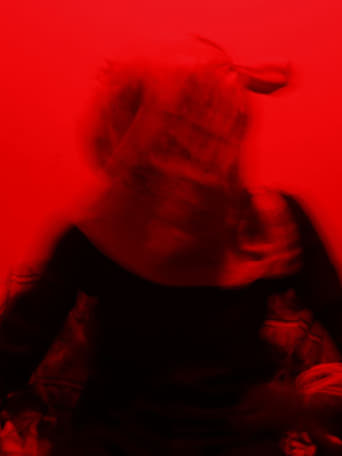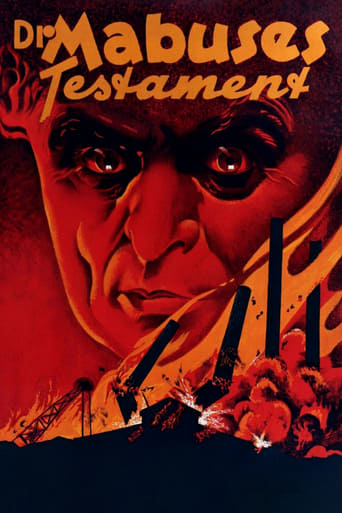


The Testament of Dr. Mabuse
After a detective is assaulted by thugs and placed in an asylum run by Professor Baum, he observes the professor's preoccupation with another patient, the criminal genius Dr. Mabuse the hypnotist. When Mabuse's notes are found to be connected with a rash of recent crimes, Commissioner Lohmann must determine how Mabuse is communicating with the criminals, despite conflicting reports on the doctor's whereabouts, and capture him for good.
-
- Cast:
- Rudolf Klein-Rogge , Oscar Beregi Sr. , Camilla Spira , Otto Wernicke , Paul Henckels , Theo Lingen , Rudolf Schündler


Similar titles
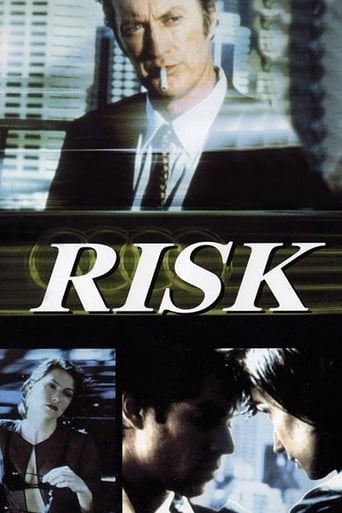
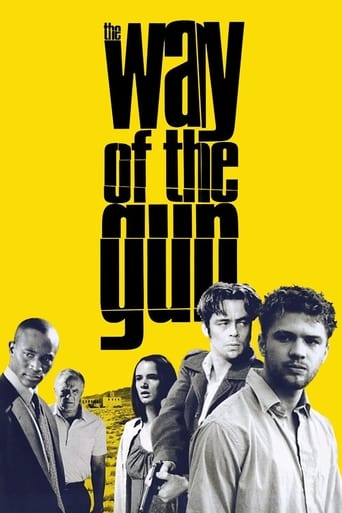
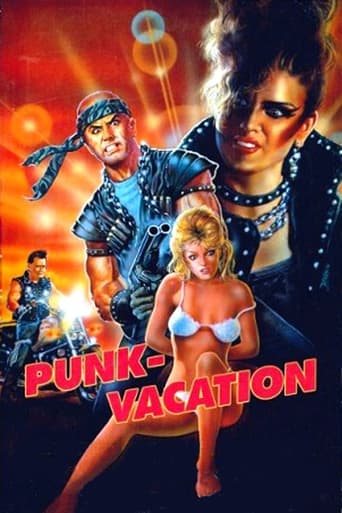
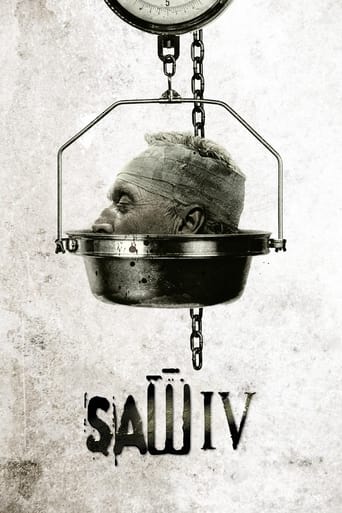
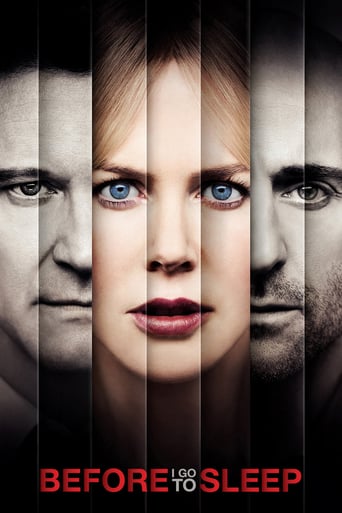
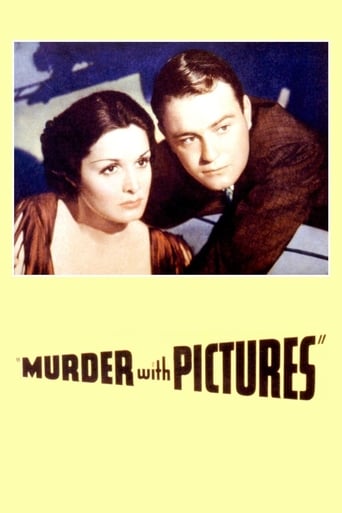
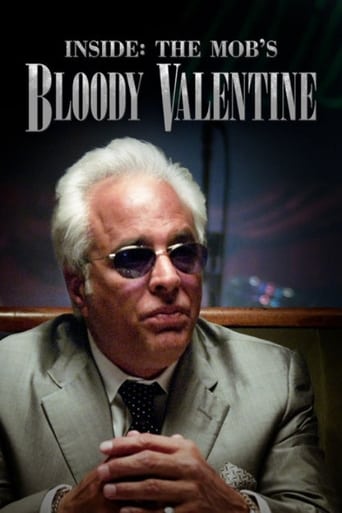
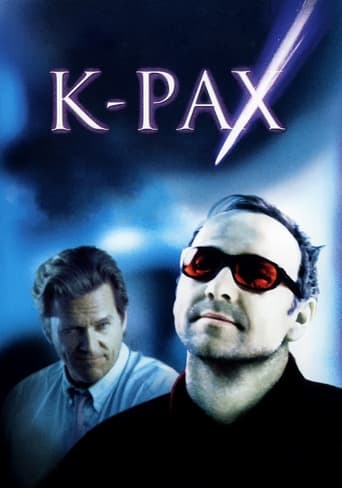
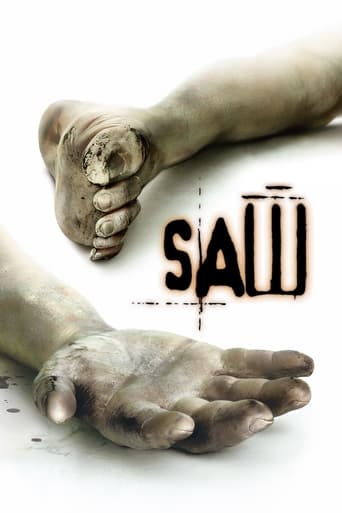
Reviews
Too much of everything
Good movie but grossly overrated
A movie that not only functions as a solid scarefest but a razor-sharp satire.
It really made me laugh, but for some moments I was tearing up because I could relate so much.
This film from Fritz Lang, who also gave us M and METROPOLIS, has some good bits but mostly it's just dialogue - subtitled dialogue, too. The film's main fault lies in the running time - it's on for far too long, and a bit of judicious cutting would have made things a lot more bearable. For the most part it's a typical thriller with a lone policeman hunting down a gang of criminals - there are lots of mystery elements and minor subplots about tragic lovers and one memorable insane guy, who sings whenever anybody gets too close.The acting ranges from the good to poor - the good being the gruff police inspector, who is an outsider among his peers. He's fairly clichéd, yes, but I liked him. Unfortunately to counter this interesting character there's some awful love filler with a ludicrous mugging woman who really annoyed me - but then we can't have everything.Where the film does work is in the minor horror elements which crop up. One such scene has a character being haunted by the spirit of Mabuse, who appears with huge spooky-looking eyeballs. The special effects are also pretty good, with some nice explosions and people being superimposed over the action. Adventure fans will enjoy a tense shootout and one of those classic moments which has a couple trapped in a flooding locked room, but these fun moments are few and far between. It's an intelligent and remarkable film, yes, but just not one which is particularly enjoyable.
... and it makes me want to buy the Criterion version with the commentary to see if it answers my questions. I watched it on TCM the other night, and there were wrap-around comments, but nothing that really touches all of the questions I have about this work.Was Fritz Lang, who directed and co-wrote this film, anticipating the Nazis, or were some of the attitudes of the characters just coincidences? We know Lang detested for the Nazis, because he left Germany in 1933 and did not return for 26 years.The story picks up where the earlier Mabuse film left off, with master criminal Dr. Mabuse in an insane asylum where for years he was comatose, but then his hand began to make scribbling motions. He was given paper. The scribblings turned to words over time. The words then turned to sentences that grew more logical with time, outlining the plans for a crime wave. At the same time, there is a crime wave going on in the city that seems to mirror Mabuse's scribbling. But with nobody but caretakers entering or exiting Mabuse's cell, how are these crimes being coordinated? Thus enters police commissioner Lohmann, to solve the crime wave.Lohmann is an interesting character. He picks up on details, but fails to pick up on something that will be obvious to the viewer and even to Police Squad's Frank Drebin. When Mabuse dies but the crime wave continues, and then somebody who has seemed fascinated by Dr. Mabuse the entire time practically stands on a chair and talks about "Mabuse the genius" in glowing terms, you'd think it would set off alarm bells in Lohmann's brain. It does not. Then there is the reaction of the criminals to the name "Lohmann". When some members of the gang are cornered in an apartment, they are brazen enough to shoot it out with what they think is a whole squadron of police. Lohmann arrives, gets impatient with this shootout, and just climbs the stairs with bullets still flying - one shoots off his hat. He pounds on the door with his cane and announces himself. "IT'S LOHMANN!!" cry the now panicked gang members, and they surrender. Huh?? They are not afraid of the police and their bullets but they ARE afraid of one man with a cane??? Then there is the criminal gang, always referring to "the boss". They themselves scratch their heads at the lack of profit in their crimes- for example pulling jewel robberies, taking the money to buy dope and then just giving it to people rather than selling it, per the instructions of "the boss. But when one fellow mentions it, another is quick to pipe in - you're getting a steady paycheck, why should you complain? This simplistic logic seems to keep the gang in check and carrying out orders to commit crimes they do not understand that are fraught with danger without question.Then there is the injection of circumstantial criminal gang member Kent. He was sent to prison for five years for killing his girlfriend and the man he thought was his best friend, the implication being he caught them having sex. Out of prison, the only job he can get is with "the boss" and his gang. Then another head scratching moment. When at the unemployment office, prior to joining the gang, he rants about the pointlessness of looking for jobs that are not there, and a girl who works there follows him out of the office and gives him some money - she practically has to force it into his hands - and with only a brief conversation between them, she shows up at his apartment probably weeks later claiming she loves him? Why??? Well, all of these characters come together in a suspenseful and satisfying conclusion, I will tell you that much. It does seem that Lang is trying to say much about the folly of unquestioning respect given to strong authority figures both good and bad - Lohmann and Mabuse, the importance and scarcity of a paycheck in Weimar Germany, and maybe even the redeeming power of love. I highly recommend this complex little film that gives us a fantastic tale with Germany immediately pre Third Reich as a setting.
Those who have never seen this truly bizarre thriller have been missing a rare treat. Yes, it was made way back in 1933. Yes, it is is black-and-white. Yes, it is in German, with subtitles. Don't allow any of that dissuade the viewer, because "The Testament of Dr. Mabuse" remains among the most bizarre and original thrillers ever filmed. Over the decades so many elements from this amazing film have been copied by other filmmakers that it would take far too long to enumerate them here. However, watch this movie and I'm sure you'll have no trouble spotting a dozen examples or so without too much trouble.The story involves a crime wave in a German city that may, or may not, be controlled by an insane criminal mastermind who, for the past ten years, has been existing in a catatonic state in an insane asylum (they used to call them that in those days). Viewers who considered Terry Gilliam's "12 Monkeys" to be really original and bizarre will be astounded at just how far ahead of his time Fritz Lang actually was.In addition there were serious political overtones to "The Testament Dr Mabuse". Whether those political overtones were intentional or not is still a matter of debate. However, there is no question that the idea of a movie about a mad criminal genius assuming power was not lost on Adolf Hitler's Nazi regime, which assumed power in Germany the very same year this movie was produced. The result was that the movie was immediately banned in its home country and Fritz Lang had to make a hasty departure for Hollywood. For that reason alone this movie would be worth seeing, even it were not as remarkable a piece of film- making as it is.
This film was famously banned by the nazi party, and Lang beat a quick retreat from Berlin after hearing the news. To some extent we can see why -- the film depicts a criminal gang, run by a ruthless maniac who wants to use industrial terrorism to strike fear into the population and ultimately gain control. Sounds familiar? I guess Goebbels thought so too.It's an interesting film, poised as it is partway between his silent career and his future talking film career in America. The film features a recurring character (Commissioner Lohmann) from his previous masterwork "M", and also the same kind of fascination with technology that was present in the first "Mabuse" film and in "Spies" and "Metropolis." This would show up less frequently in his American films, but "Cloak and Dagger" certainly is brethren to this film. It also features some really startling car chases that are a more elaborate version of what he had done in "Metropolis." Some of his expressionist devices are quite startling, especially Mabuse as a ghost with his huge pale eyes, and the way Dr. Kramm's (Theodor Loos) head is framed against the rushing trees almost looks as if we're seeing inside the fabric of his brain. The film also shows up Lang's weaknesses, specifically his inability to make the "heroic" characters in the film convincing or two- dimensional. Gustav Diessl is barely adequate as Tom Kent, whose name is as dull and straightforward as his character, and Wera Liessem's Lilli, the love interest, is a study in poor acting and stale characterization. But the film's a winner, because even all these many years later you are sure to see something that you've never seen before in a film. Lang's visual sensibility and his excellent editing move the film forward like a mack truck. Klein-Rogge is as chilling and otherworldly as ever, and his criminal madman in an asylum was surely an inspiration for many future film villains right up to the present day (some of his lines of dialog were clearly lifted for Nolan's "Dark Knight"). I think the film is slightly unbalanced by the policeman (Otto Wernicke) being given more screen time than either Mabuse or the ostensible hero of the film, but why quibble? It's stood the test of time and will surely be thrilling people when a lot of the big blockbusters of our day have been forgotten.




